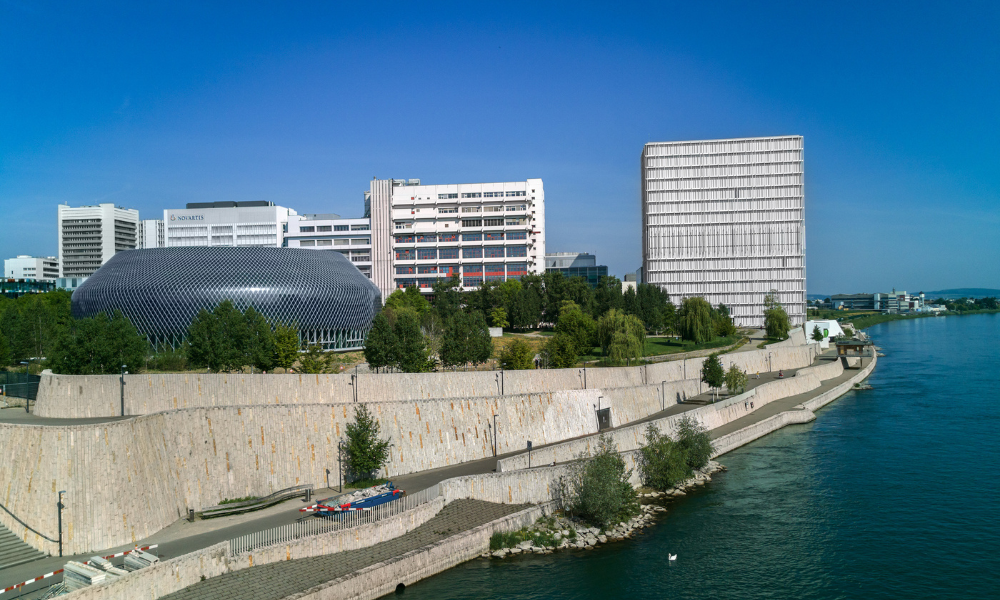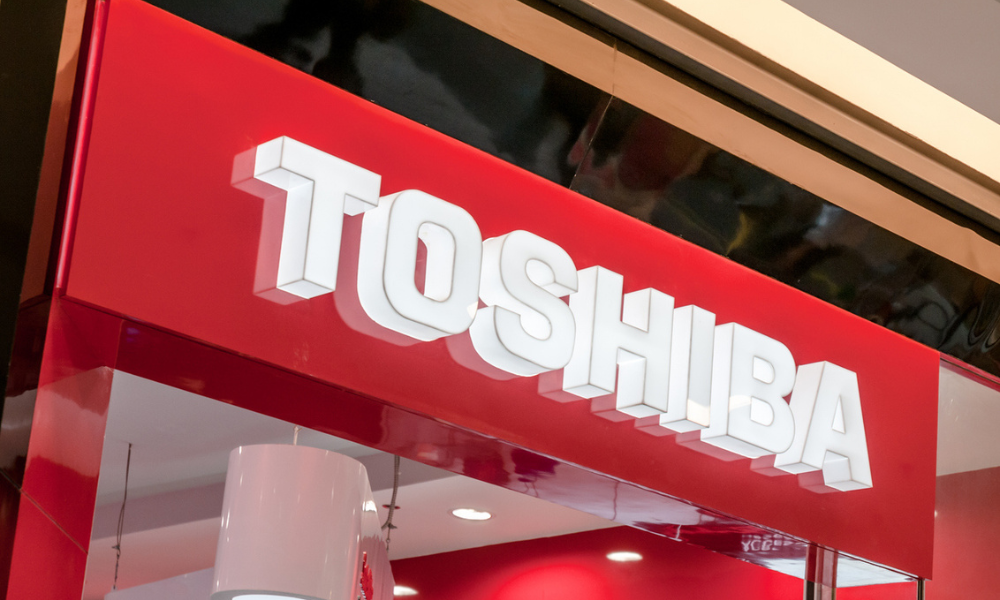A whole generation of thirty-something middle-managers are being ignored as young millennials dominate headlines
The vast majority of research on millennials looks at graduates and those in their twenties.
But the older, 'forgotten' millennials - those in their early thirties - are at a different stage in life, often as middle-managers, and as such have different career motivation and ambition, according to Hays CEO, Alistair Cox.
Ignoring this demographic and their individual needs could lead to a succession time-bomb for employers, who may lose out on the next generation of leaders.
“Older millennials are often now on the cusp of moving into crucial middle-management roles, and yet they are often neglected in a business’ thinking and their own development could be suffering," Cox said in a LinkedIn blog.
"If businesses continue on this path, they risk losing their next generation of managers and potential future leaders."
Attraction and retention of these 'forgotten' millennials needs to occur sooner rather than later, in order to maintain the talent pipeline, Cox advised, and employers should consider succession planning at the beginning of an employee's career rather than nearer the end.
In order to retain older millennials, Cox advised employers to consider these 5 tips:
- Build real purpose into your brand
Helping employees believe in what a company is trying to achieve and understanding its goals will in turn encourage loyalty among staff. To achieve that, you must ensure your company’s external brand positioning stands for something authentic and credible – and that you can articulate this in a simple, engaging way to existing and new employees.
- Hone their leadership skills
Soft skills are extremely important, particularly when it comes to leadership roles. Developing middle-managers by giving them extra responsibility is crucial to feeding that talent pipeline.
- Embrace the entrepreneurial mind-set
Many mid-level employees are moving away from corporate businesses and instead working for start-ups. This suggests that employees prefer the entrepreneurial spirit found at start-ups and corporate organisations must find a way of attracting these employees back – just because you’re a corporation doesn’t mean the workplace environment can’t be fun.
- Evolve your workplace
Businesses must ask themselves, what makes a workplace an attractive place to work? Many Millennials look for flexibility and so offering flexible or remote working can go a long way.
- Nurture your alumni
Despite a business’s best efforts some talent will always move on, this could be for many reasons, but it is important that the it is on good terms. As those leaving the business can become external ambassadors and they may even return themselves one day.
Related stories:
KPMG shortens its graduate recruitment process to suit millennials
Millennials should 'reverse-mentor' senior colleagues, research says
Is HR failing to meet millennial needs?








